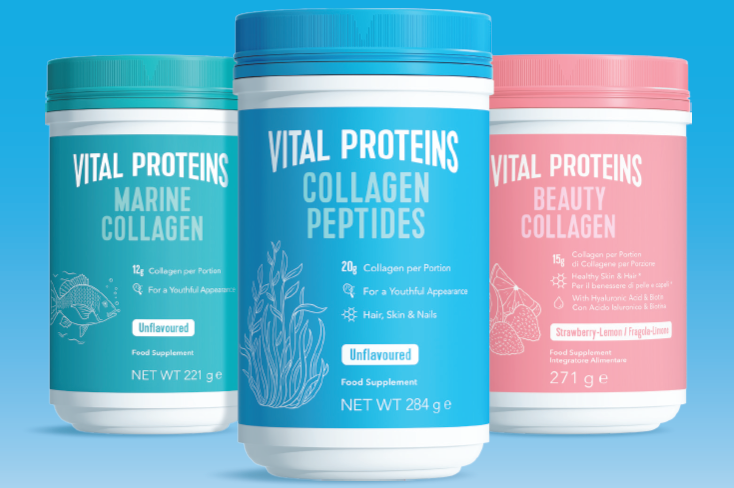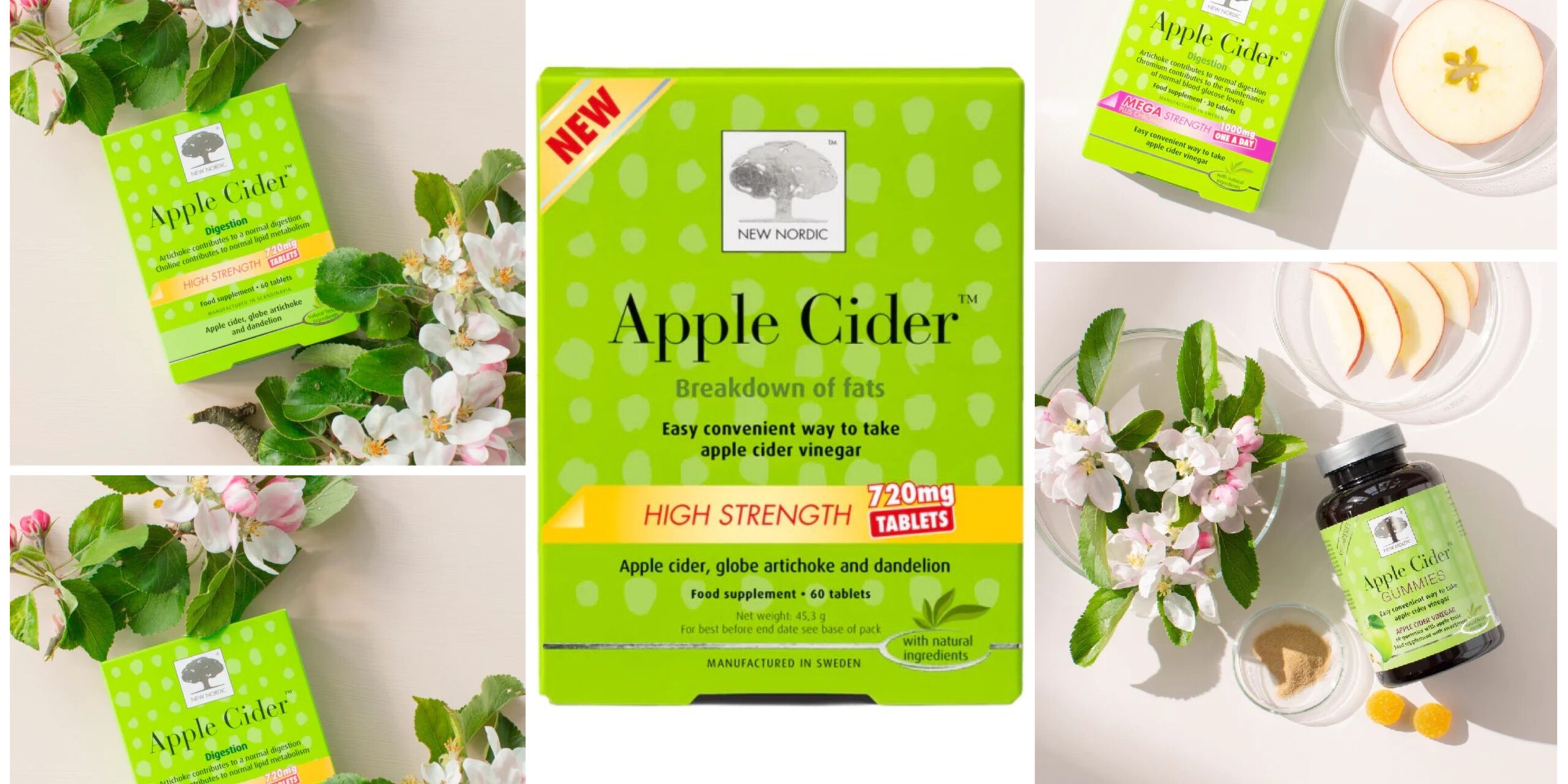
Why collagen?
The word collagen stems from the Greek “kólla”, which means glue. This is apt because collagen helps to hold our cells, tissues and organs together.
Our diets are generally much lower in collagen now than previous generations. This is because there is much less focus on traditional nose to tail eating, meaning many of the best sources have fallen off the menu for most of us.
Found only in animal foods, collagen is abundant in organ meats, skin, bones and any meat you eat off the bone along with connective tissue rich cuts like cheek and neck. You might be in the minority who prioritises these but for many, the focus is mainly muscle meats, breast or leaner cuts. This has shifted the amino acid profile of our diet.
Benefits
Whilst improvements to skin and hair are most often the desired targets when supplementing collagen, this is really the tip of the iceberg.
Collagen is our main structural protein, making up as much as one third of all the protein found in the human body. Made up of interwoven polypeptide chains, collagen connects the skin, tissues, muscles and many other parts of the body, including our vital organs.
Collagen fibres are also an integral part of the scaffolding inside the bones onto which the minerals including calcium are deposited, and there are several studies showing taking it can support improvements in bone mineral density in post-menopausal women with osteopenia.
Collagen is also part of our tendons which link muscle to bone and there is increasing evidence it can support those with osteoarthritis and joint pain.
It’s also a major component of our blood vessels and gut, with many people swearing by it as part of a gut protocol.
Types
Although there are over 29 different types, around 90% of this is type 1 in the human body. This type provides amazing strength and flexibility to tissues, supporting things like skin elasticity, load-bearing to ligaments and tendons and shock absorption to bones. From the age of 25, the body starts to lose its type 1 collagen reserves, resulting in conditions associated with ageing such as fine lines, wrinkles and impaired joint mobility.
Expectations vs Reality
Taking collagen takes commitment to consistency. The reality is that if you are only taking it every now and then, you might wonder what all the hype is about. That said, you can start to feel benefits within days (reduced soreness after exercise) and the first few months (improvements in skin hydration and elasticity).
Individual results will vary because the body is very intelligent and will prioritise what needs the peptides the most. For example, if your diet is already low in protein, the collagen will go to support more essential processes before your skin and hair.
Marine vs Bovine
Marine collagen generally contains slightly more glycine than bovine collagen, which some may find appealing due to this amino acid’s involvement in muscle repair and calming effect on the nervous system. However, there is only a very small variation in amino acid profile of these two sources, so it often comes down to personal preference.
Why Higher Nature’s Collagen Drink
Sourced from sustainably farmed, antibiotic free fish, Higher Nature uses fish skins which would otherwise be wasted. With zero unnecessary additives or flavourings, just pure hydrolysed collagen peptides that can be easily mixed into hot or cold liquids.
Higher Nature uses a scientifically proven collagen, backed by 12 double-blind clinical studies in humans so you can be sure what you’re taking is doing you good.
Benefits of Higher Nature’s Collagen drink
- Therapeutic dose of 6000mg per scoop
- Hydrolysed marine collagen for superior absorption
- Supports bone and joint tissues
- Key protein for vital organs and blood vessels
- Helps optimise skin, hair and nails
- Great for gut health






